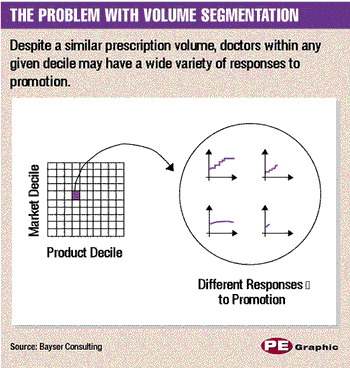
Pharmaceutical Executive
Washington, DC-With no signs that FDA plans to significantly limit direct-to-consumer advertising of prescription medicines, state governments across the country are proposing their own curbs. During the past year, legislators considered some 60 bills or resolutions concerning pharma marketing or advertising, and efforts are likely to increase as state policy makers link DTC advertising to rising drug expenditures.


